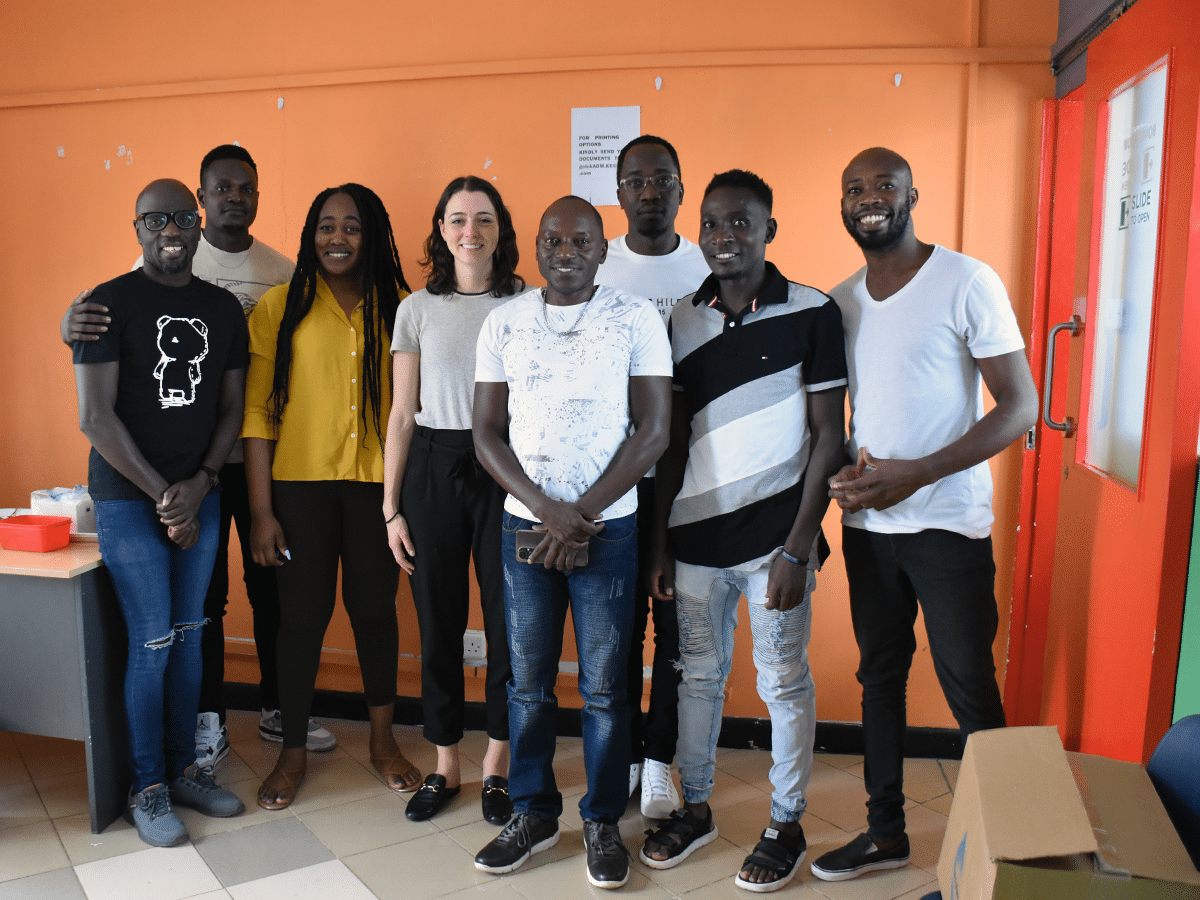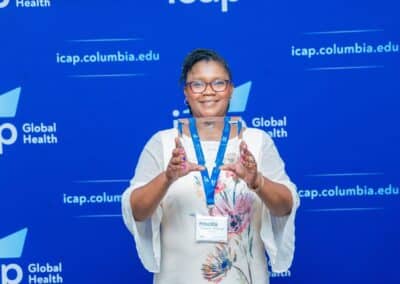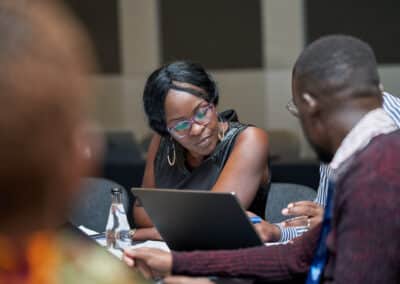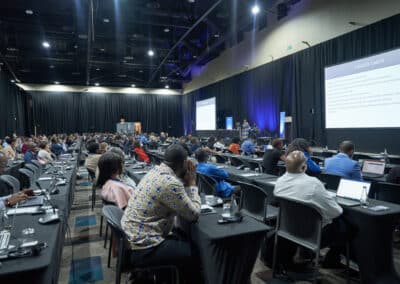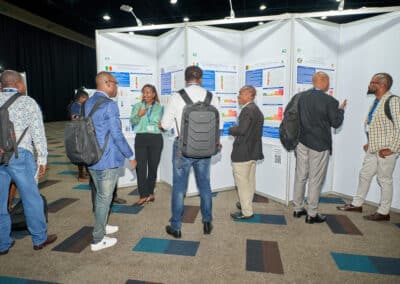HIV prevalence among gay, bisexual, and other men who have sex with men (MSM) in Kenya is estimated to be 18.2%, more than three times the national prevalence. Yet, despite differentiated service delivery (DSD) models and interventions targeting this key population, there is limited research analyzing how MSM access HIV prevention, testing, and treatment services. In response, five community-based organizations providing HIV services to MSM in Kenya joined forces to implement a study of MSM perspectives, preferences, and recommendations for optimizing HIV service delivery. The results have now been accepted as posters at two of the world’s biggest HIV conferences—INTEREST 2023 and IAS 2023.
The consortium was led by ISHTAR in partnership with Kydesa, HAPA, MAAYGO, and Jinsiangu. The study leveraged a 2019 community consultation supported by the International AIDS Society (IAS), discussions with Kenya’s National AIDS Control Program (NASCOP), and financial support from the International Treatment Preparedness Coalition (ITPC). The mixed methods design included 300 surveys and 49 in-depth interviews with MSM engaged in HIV prevention (PrEP) or treatment (ART) in Kisumu, Nairobi, and Mombasa counties. Data were collected in 2020, and preliminary analyses were conducted in 2021. With additional technical assistance from ICAP’s CQUIN team, preliminary quantitative results were showcased at CQUIN meetings in November 2021 and April 2022, and preliminary qualitative results were presented at CQUIN’s 6th Annual Meeting in December 2022.
“We did an extensive job working with our peer educators to try and understand how DSD is implemented for MSM,” said Jeffrey Walimbwa, program manager at ISHTAR. “Our primary findings show that DSD is happening within our health programs; however, we are yet to define the best DSD models for MSM. For example, we found that people prefer these services to be taken closer to the community through drop-in centers, but we need to delve deeper and answer questions about how the centers can do this work. We hope that with CQUIN support, we can scale up this research to inform policy and programs.”
ICAP’s CQUIN team is now working closely with ISHTAR and its partners to support additional in-depth analyses of quantitative and qualitative data and to provide data analysis training and capacity building to consortium staff. “I was impressed with the data we had to work with,” said Jennifer Zech, MSc, ICAP’s senior project manager, who is leading the qualitative data analysis and capacity-building activities. “After reviewing the in-depth interview transcripts, we worked together to develop goals and analysis plans. Then, based on the question coding, we pulled out key themes for the abstracts and presentations.”
Cassia Wells, MD, MPH, ICAP’s senior technical director for key populations, and Karam Sachathep, PhD, ICAP’s senior strategic information manager, are also working with the group to conduct additional quantitative analysis of the survey data.
“I think the key takeaway here is that community-based organizations have the capacity to implement and conduct research,” said Kennedy Olango Otieno, program manager for the Men Against AIDS Organization in Kenya, MAAGYO, one of the organizations who participated in conducting the study. “For a long time, there has been this thought that we don’t have the capacity, but with the right mentorship, skills, and support, together with good people on the ground, we can be investigators, develop good protocols, implement and monitor data collection, and do data analysis. In addition, we have the capacity to come up with our own models and solutions for things that work for us.”


